‘You can see the power you need to survive the Tour de France’ - Marcel Kittel reflects on his most successful years
In a new study, the retired sprinter has shared his power data and tactics from 14 stage wins


Marcel Kittel retired from professional cycling as not only one of the best sprinters of his generation, but one of the most successful in the history of the Tour de France.
During his nine-year professional career, the German star racked up 14 stages wins in the French Grand Tour, putting him 13th in the all-time list of Tour stage winners, just one victory behind Belgian legend Freddy Maertens.
Kittel’s retirement mid-way through the 2019, at the age of 31, may have come as a surprise to cycling fans, but the rider has since said he does not regret his decision to leave the sport.
But now, with almost three years away from the peloton, Kittel has chosen to share a fascinating insight into his most successful years at the Tour de France, in a new case study written with the help of a former colleague.
Looking back at Kittel's career
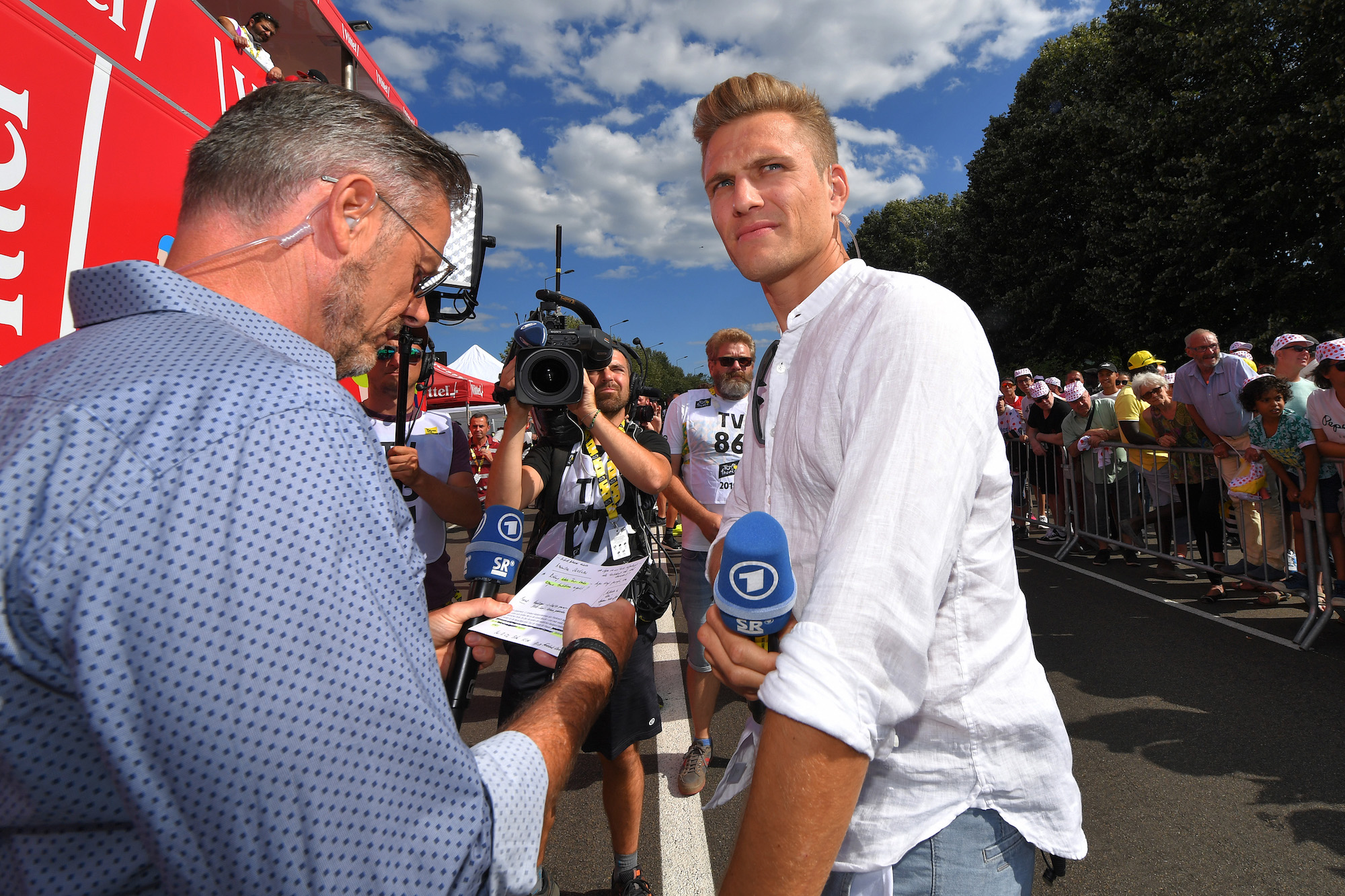
After retirement, Kittel was approached by sport scientist Teun van Erp, who had previously been a data analyst at Argos-Shimano, where Kittel started his WorldTour career.
Van Erp proposed a new study, looking at the power data behind Kittel’s best years, while also investigating the team tactics that made Kittel one of the most dangerous sprinters in the bunch.
Earlier this year, Kittel and Van Erp published the results, offering a unique insight into both the physical demands of the Tour de France, but also into Kittel’s own ability.
Get The Leadout Newsletter
The latest race content, interviews, features, reviews and expert buying guides, direct to your inbox!
Kittel told Cycling Weekly: “[Van Erp] contacted me and he had a lot of data already from the Tour in '13 and '14. I liked this idea and it was for him an interesting research project and I think the results are also a nice way to look back at my career, but also to maybe confirm or at least learn something about me and who I was as a rider, especially as a sprinter.”
Van Erp added: “I’d had this idea for quite a long time.
“After the case study I did on Tom Dumoulin I realised that case studies are really interesting for the science community as you provide actual numbers and not only averages. So when Marcel Kittel announced his retirement I just asked him if he would be open to the idea.
“Specifically Marcel because we worked together in the first years of his career from 2012-2015 and of course it is the most interesting to these case-studies with the best athletes in the world.
“The sprints in the Tour de France have the highest level in the world and with Marcel winning 14 I had enough data to only present the Tour de France.”
The physical toll
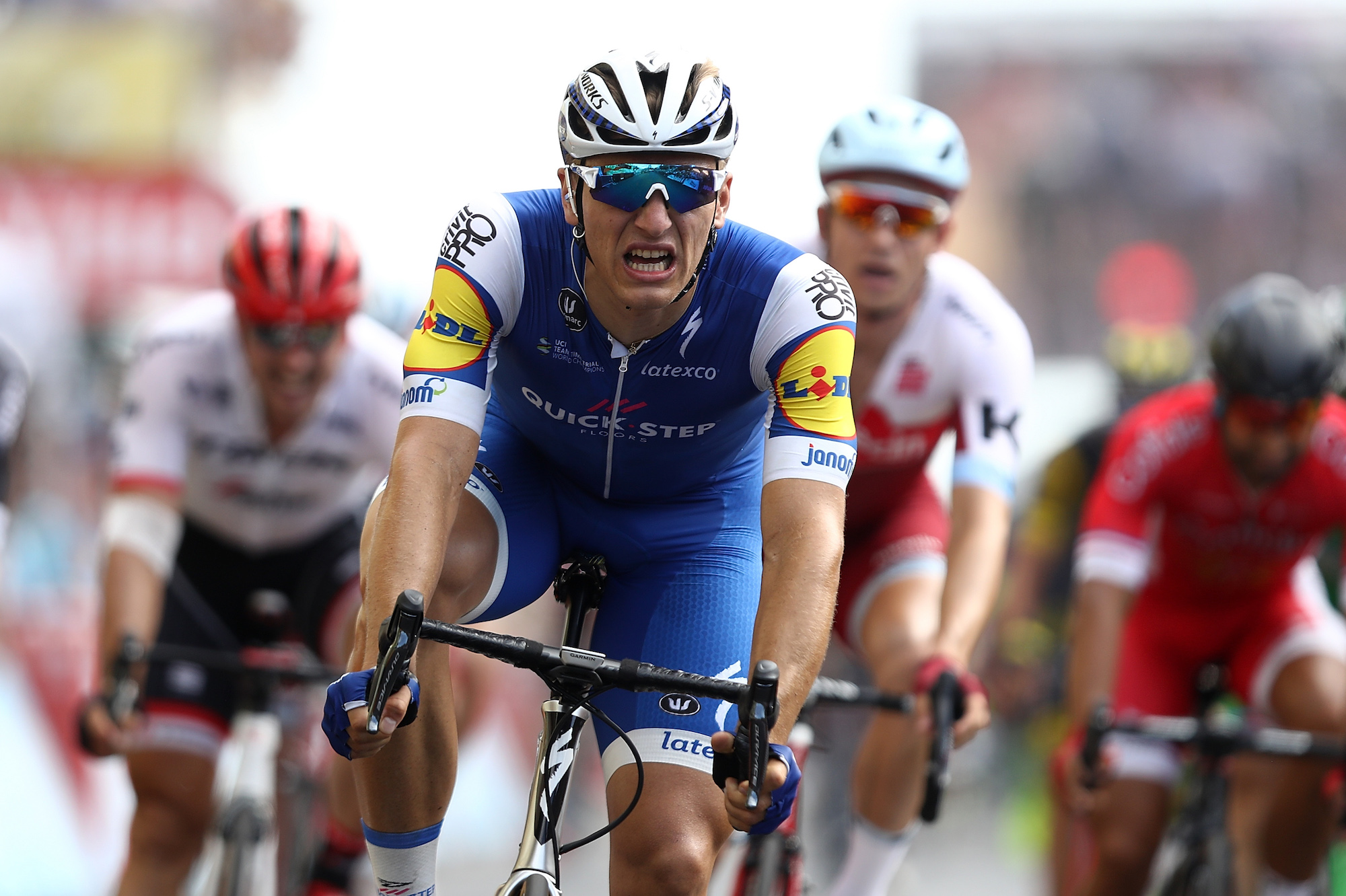
The paper was split into two sections and delved into the physical toll the Tour takes on a sprinter like Kittel and how the rider paced his efforts on different types of stage, while the second part explored the changing tactics of a team sprint from 2013 to 2017.
On the changes in the lead-out, Kittel said: “Teams got stronger in the lead-outs.
“You didn’t have just these two or three teams anymore in 2015 2016 - you could see in the final more teams, more sprinters, and I think you can also see in the case study that the team tactics changed for me from 2013 and 2014 compared to 2016 and 2017. And that's quite interesting.”
The evolving lead-out
The study revealed that during his time at the Shimano team from 2013 to 2015, Kittel’s power outputs during lead-outs were significantly higher than when he joined Quick-Step the following year.
Kittel would also position himself closer to the front of the race in the climax with Shimano, compared with his time at Quick-Step when he would move up right at the final moment, while still being able to sprint to victory.
He said: “For example in '13 and '14, we as a team were really focused on working as a team on doing this lead-out together, then it's safer. If you have a good working team, good communication, and enough experience together it's a safer way of getting to the final, so you have less chance of failure and simply a better chance to win.
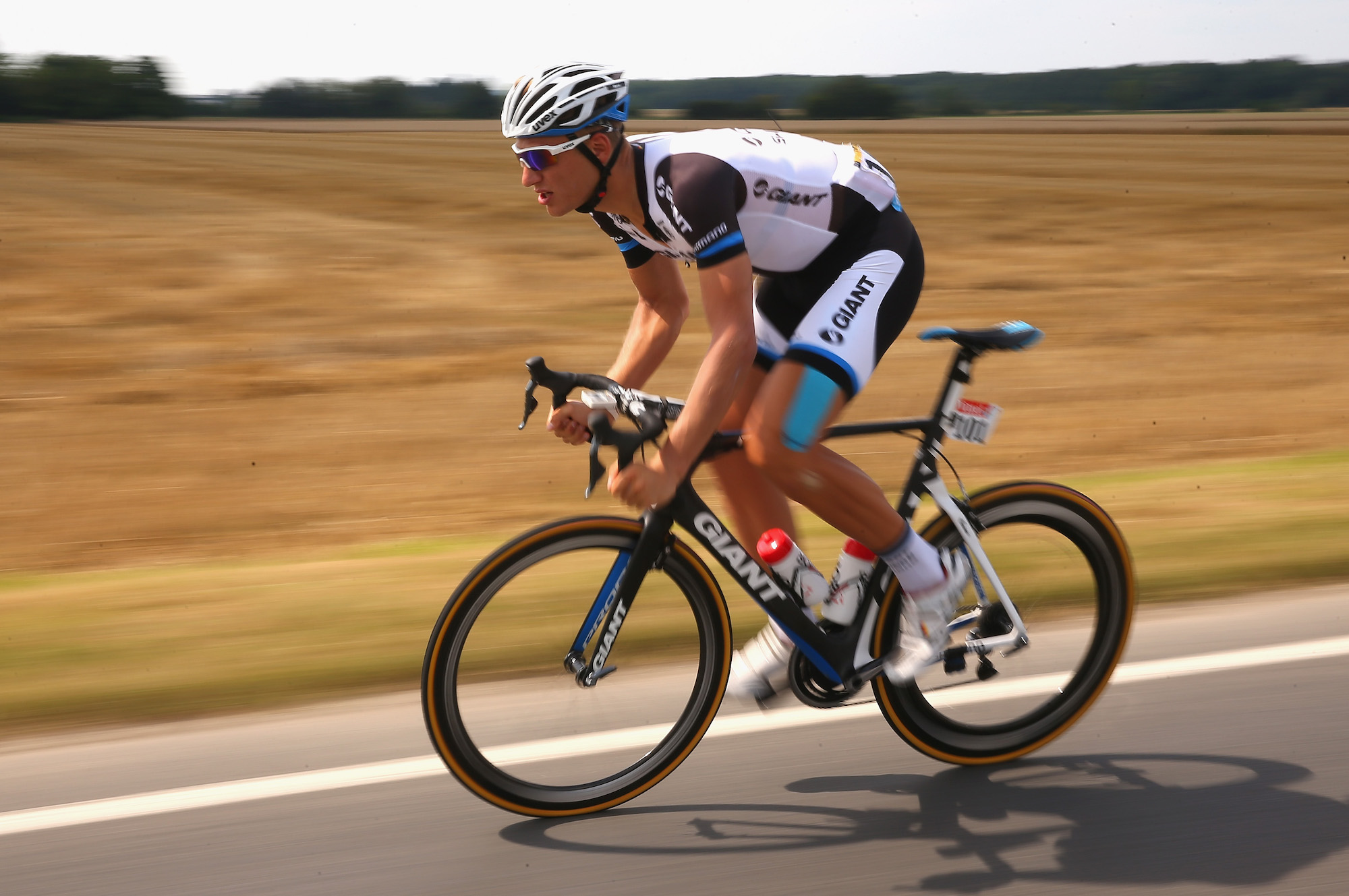
“But there's a disadvantage that you have to invest more energy. The sprinter has to invest more energy to stay on the wheel of his team-mates. And that's the decision that you have to take now.
“In 2016 and 2017 as a sprinter I took more risk to stay longer in the peloton to save more energy and move up later, but it gives you a better chance so you're not moving to the front too early and still in a good position to sprint for the victory. So it's a little bit of a gamble that you have to take.”
Sprinting in 2021

Comparing former tactics to bunch sprints in 2021, specifically the sprints in the UAE Tour, Kittel said some teams still opt for a full lead-out train in the final in order to protect their sprinter, while Deceuninck - Quick-Step allow their sprinter Sam Bennett to move freely through peloton before coming to the front at the final moments, saving energy but putting himself at greater risk.
He added that sprints are often defined by the number of quality sprinters (and sprint teams) fighting for the front of the bunch in the final of a race.
Written by Kittel, Teun van Erp and Robert Lamberts and published in the International Journal of Sports Physiology and Performance, the research covers the 2013, 2014, 2016 and 2017 Tours de France, in which Kittel won 14 stages in total.
Max power
The first part of the study revealed some of the remarkable numbers behind Kittel’s performance - Kittel weighed between 90kg and his lightest race weight 88.5kg (in the 2016 Tour), which the researchers used to calculate his Tour de France Functional Threshold Power (FTP) in watts per kilogram for each of the races.
His highest FTP was in the 2016 and 2017 Tours, in which Kittel pushed 431 watts (4.9w/kg) and 438w (4.9w/kg) respectively.
The paper also says that Kittel had a relatively low FTP in w/kg compared to other riders, but it was due to the enormous maximum power outputs that he was still able to succeed.
Kittel revealed that his highest ever power was 1,940w for three seconds during a training ride, but that his max power was slightly lower at the end of a race.
Surviving the Tour de France
Van Erp said: “When Marcel read the work the first time he was super enthusiastic to see all his data so nicely presented. From what I remember he was a bit surprised that it seems that his power in the sprint and sprint preparation does not go down at the end of a Grand Tour.
Kittel said: “The other thing [I found interesting] was actually that my power output also for those four different editions of the Tour de France was quite consistent and steady
“I think you can see a baseline, the power that is required to be able to survive the Tour de France and the level that you need to achieve before you start.
“I found that also really interesting to see really in numbers, analysed by a scientist and really confirmed, So that's quite cool.”
But the question remained of what Kittel hoped other riders could learn from his Tour de France experience.
>>> Five steps to the perfect bike (regardless if it’s women’s specific or not)
While Kittel did have some idea of what his fellow sprinters could take from the study, he was also hesitant about riders making comparisons with their own power numbers: “I'm always careful with that.
"I think when it comes to the pure numbers, it's not really possible to compare it to your own power output, because I was a very heavy professional rider so I had to push those high watts to be able to be fast and successful in the end.
“But in general, I think you can see that throughout the Tour de France you don't really lose your sprint.
“Although you might think you're really tired and you can’t really ride fast anymore, once you have a certain level, you can keep it for a long time.
“I think that might be a good help for a positive mindset.”

Thank you for reading 20 articles this month* Join now for unlimited access
Enjoy your first month for just £1 / $1 / €1
*Read 5 free articles per month without a subscription

Join now for unlimited access
Try first month for just £1 / $1 / €1
Alex Ballinger is editor of BikeBiz magazine, the leading publication for the UK cycle industry, and is the former digital news editor for CyclingWeekly.com. After gaining experience in local newsrooms, national newspapers and in digital journalism, Alex found his calling in cycling, first as a reporter, then as news editor responsible for Cycling Weekly's online news output, and now as the editor of BikeBiz. Since pro cycling first captured his heart during the 2010 Tour de France (specifically the Contador-Schleck battle) Alex covered three Tours de France, multiple editions of the Tour of Britain, and the World Championships, while both writing and video presenting for Cycling Weekly. He also specialises in fitness writing, often throwing himself into the deep end to help readers improve their own power numbers. Away from the desk, Alex can be found racing time trials, riding BMX and mountain bikes, or exploring off-road on his gravel bike. He’s also an avid gamer, and can usually be found buried in an eclectic selection of books.
-
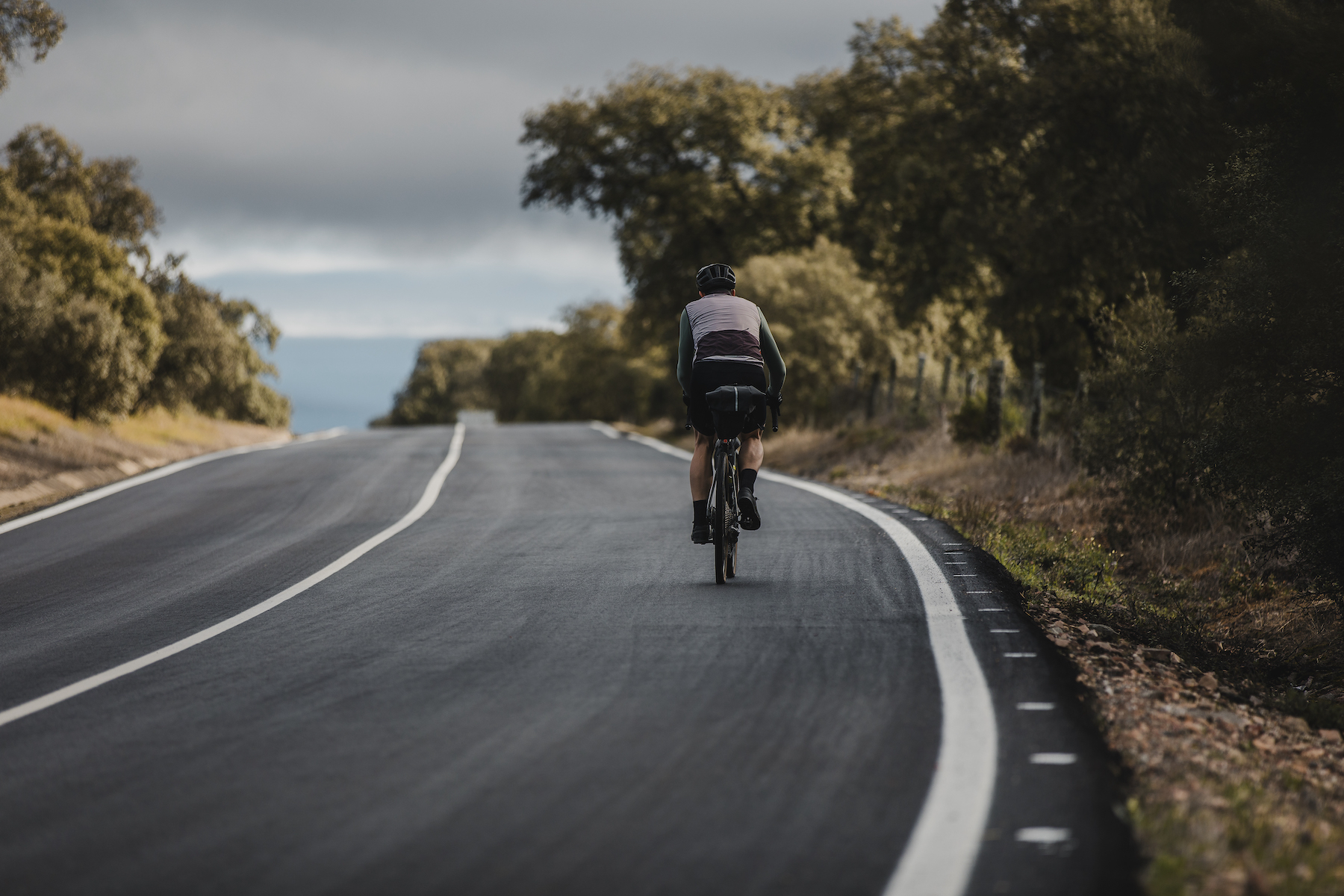 'This is the marriage venue, no?': how one rider ran the whole gamut of hallucinations in a single race
'This is the marriage venue, no?': how one rider ran the whole gamut of hallucinations in a single raceKabir Rachure's first RAAM was a crazy experience in more ways than one, he tells Cycling Weekly's Going Long podcast
By James Shrubsall
-
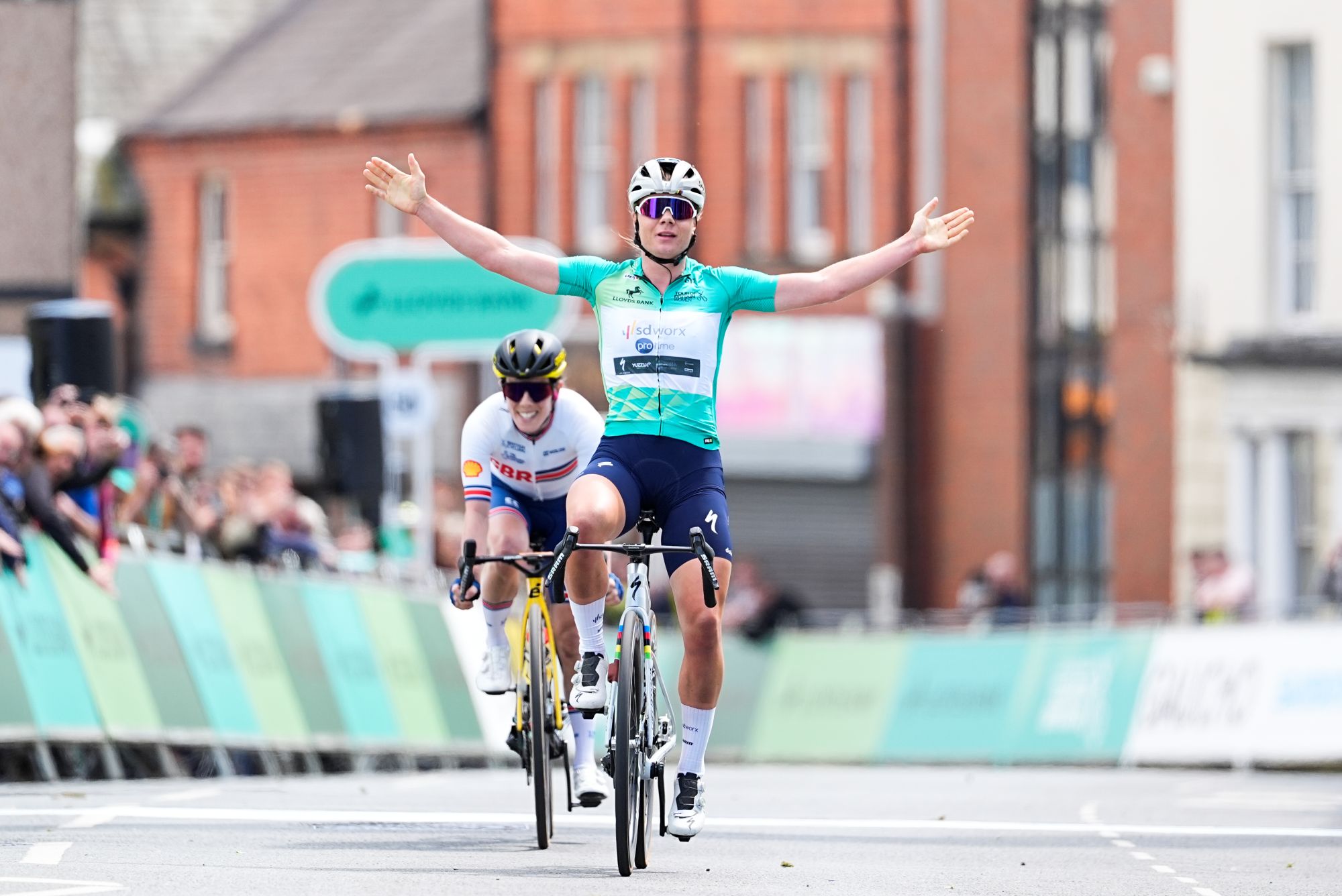 Full Tour of Britain Women route announced, taking place from North Yorkshire to Glasgow
Full Tour of Britain Women route announced, taking place from North Yorkshire to GlasgowBritish Cycling's Women's WorldTour four-stage race will take place in northern England and Scotland
By Tom Thewlis
-
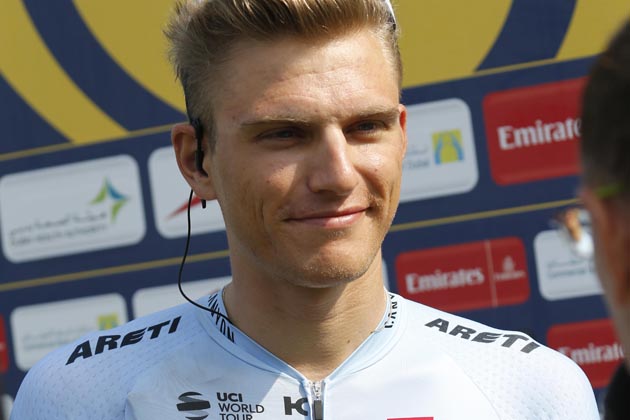 Marcel Kittel talks us through his best year
Marcel Kittel talks us through his best yearMarcel Kittel has been pondering the question for a week. “How do you define your best year? Do you take victories as the most important factor?” It was what Chris Marshall Bell assumed when he first made contact for this interview
By Simon Richardson
-
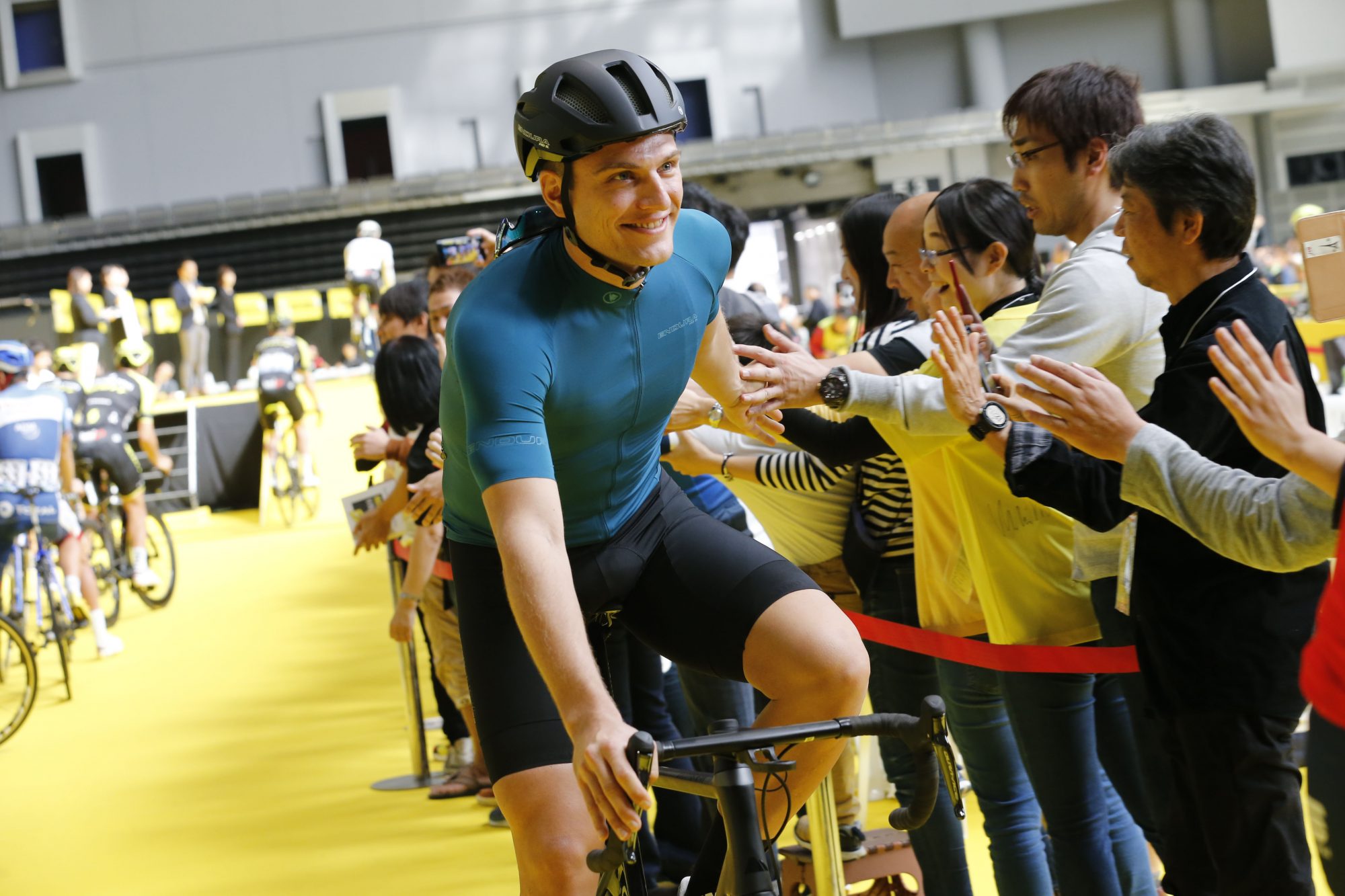 ‘Cycling is beautiful but professional sport is another story’: Marcel Kittel on his decision to retire at 31
‘Cycling is beautiful but professional sport is another story’: Marcel Kittel on his decision to retire at 31Marcel Kittel has shared more of his motivation for retiring from pro racing at 31.
By Alex Ballinger
-
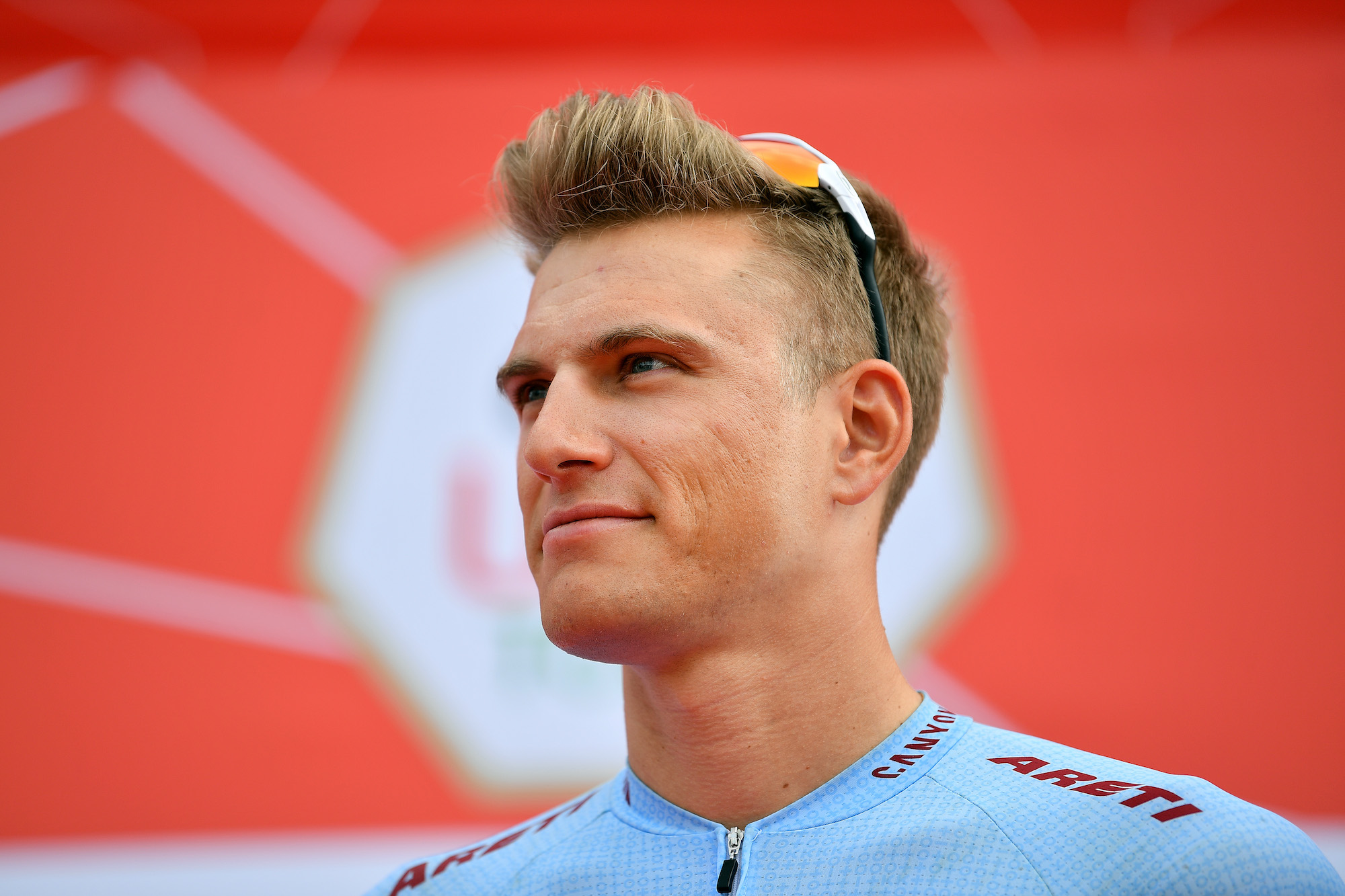 'I took some time for myself': Marcel Kittel gives update on his time off the bike
'I took some time for myself': Marcel Kittel gives update on his time off the bikeThe German sprinter quit his Katusha-Alpecin team in May
By Jonny Long
-
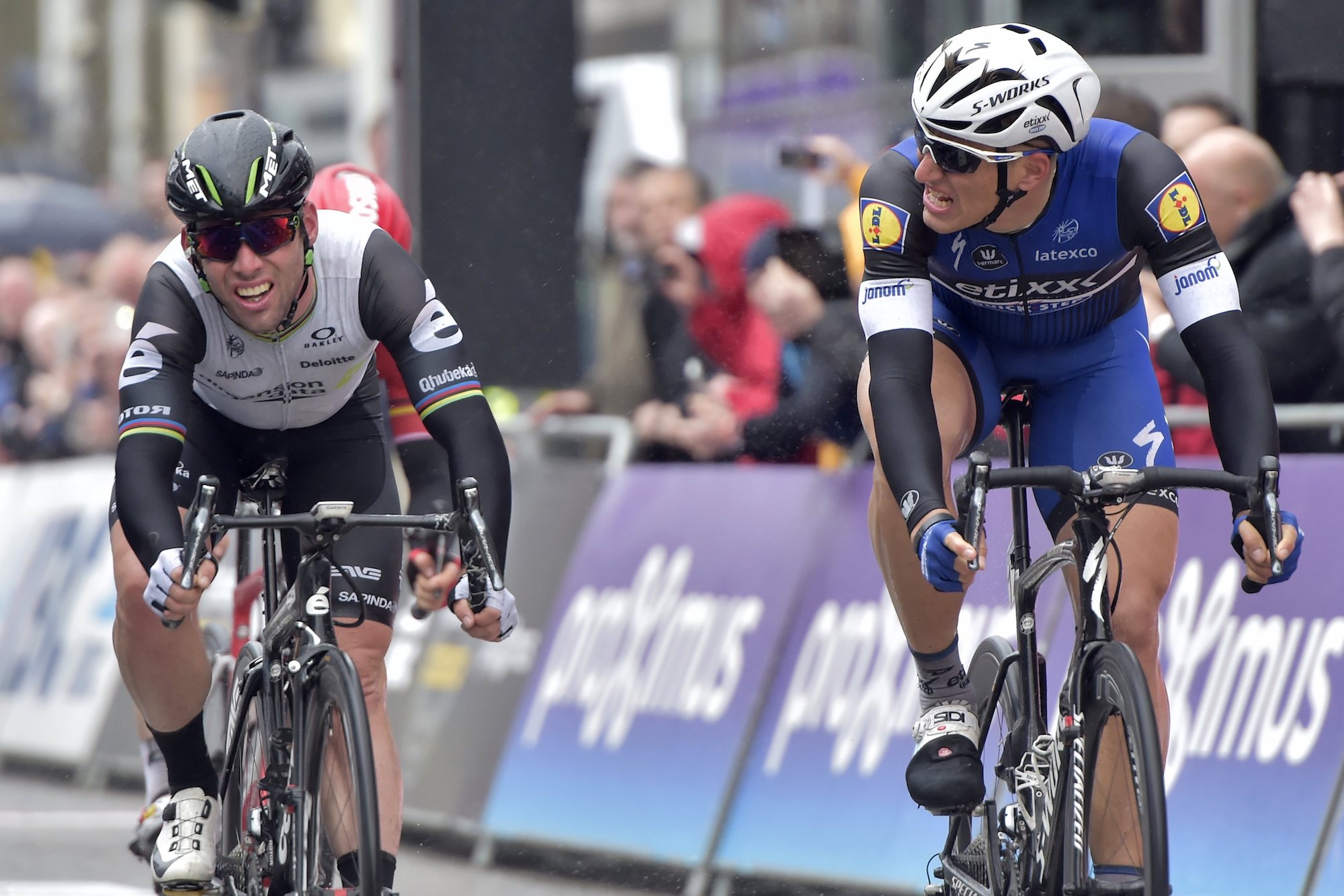 'I felt unbeatable until he came along': Mark Cavendish pays tribute to great rival Marcel Kittel
'I felt unbeatable until he came along': Mark Cavendish pays tribute to great rival Marcel KittelCavendish has thanked Kittel for being a rival that lifted his game after the German quit Katusha-Alpecin to take a break from racing
By Jonny Long
-
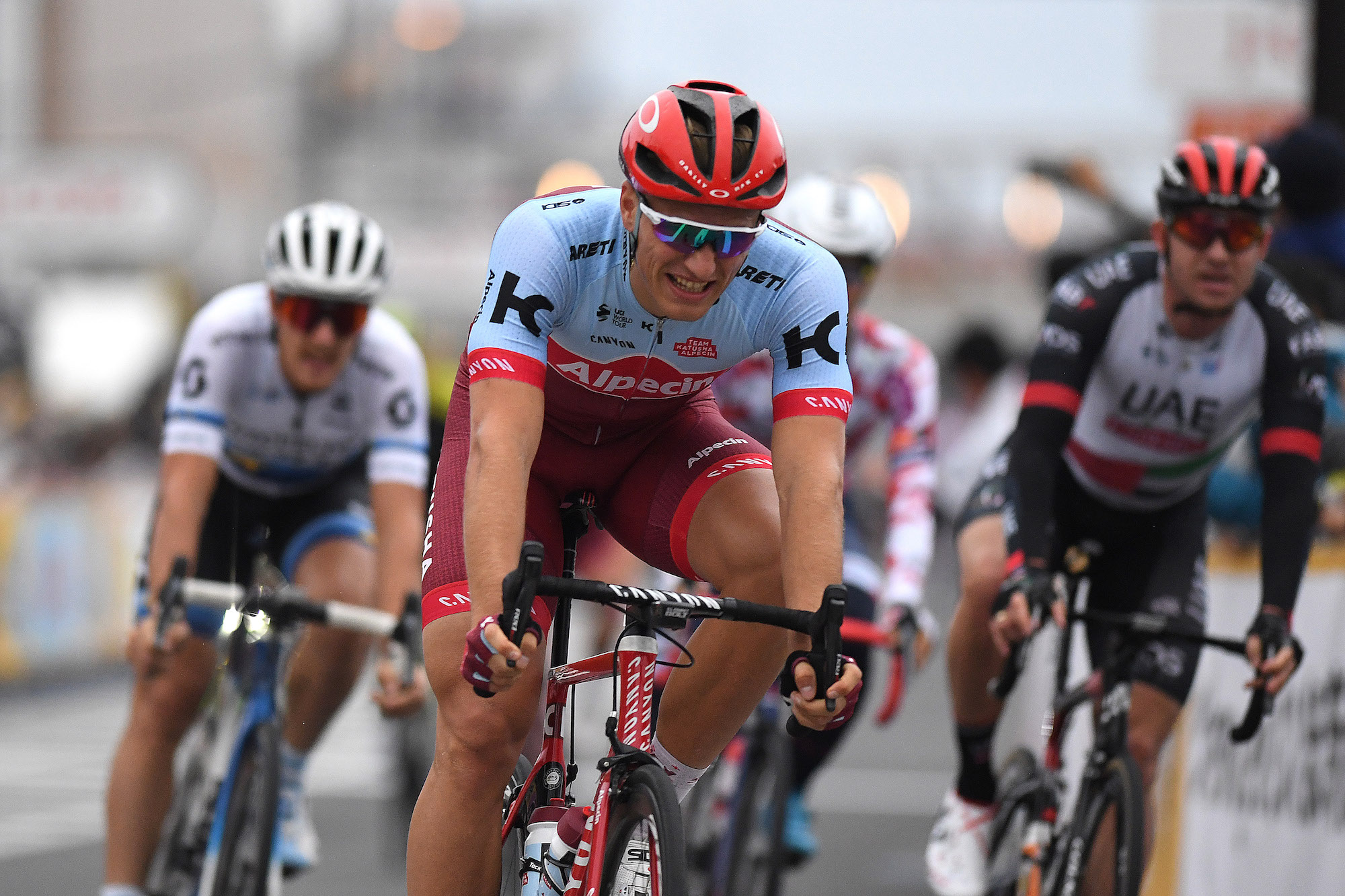 'I'm facing a difficult period': Marcel Kittel responds to criticism over poor form
'I'm facing a difficult period': Marcel Kittel responds to criticism over poor formTeam bosses had publicly criticised Kittel after he was dropped on the flats and finished 99th at Scheldeprijs
By Jonny Long
-
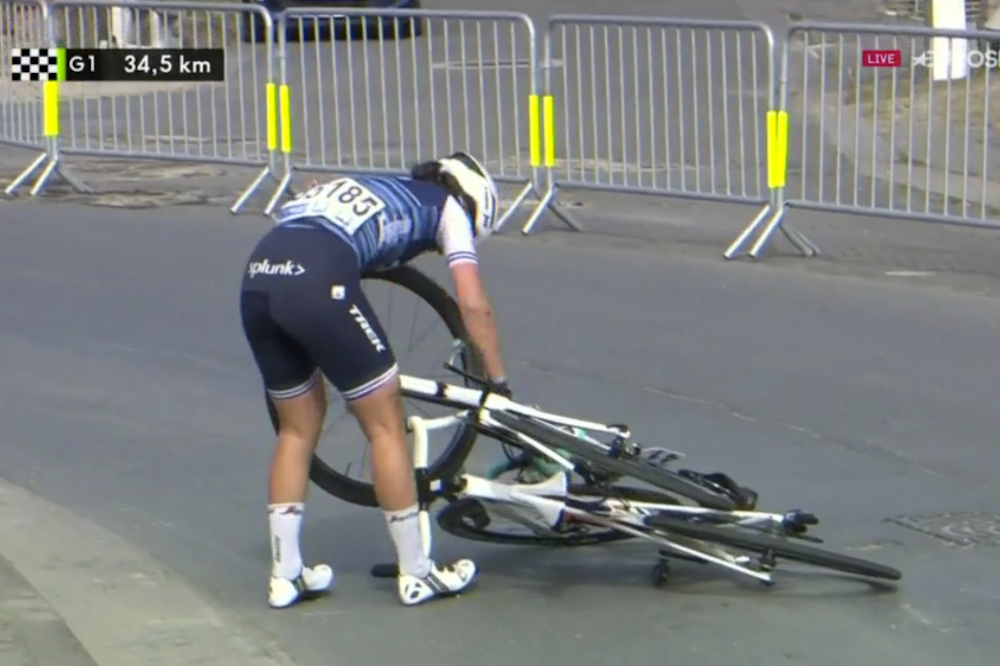 The nine best bike throws in the history of cycling
The nine best bike throws in the history of cyclingCycling Weekly looks back at some of the most memorable bike throws of all time, from Bradley Wiggins's stylish Trentino effort to Dumoulin's hissy fit.
By Alex Ballinger
-
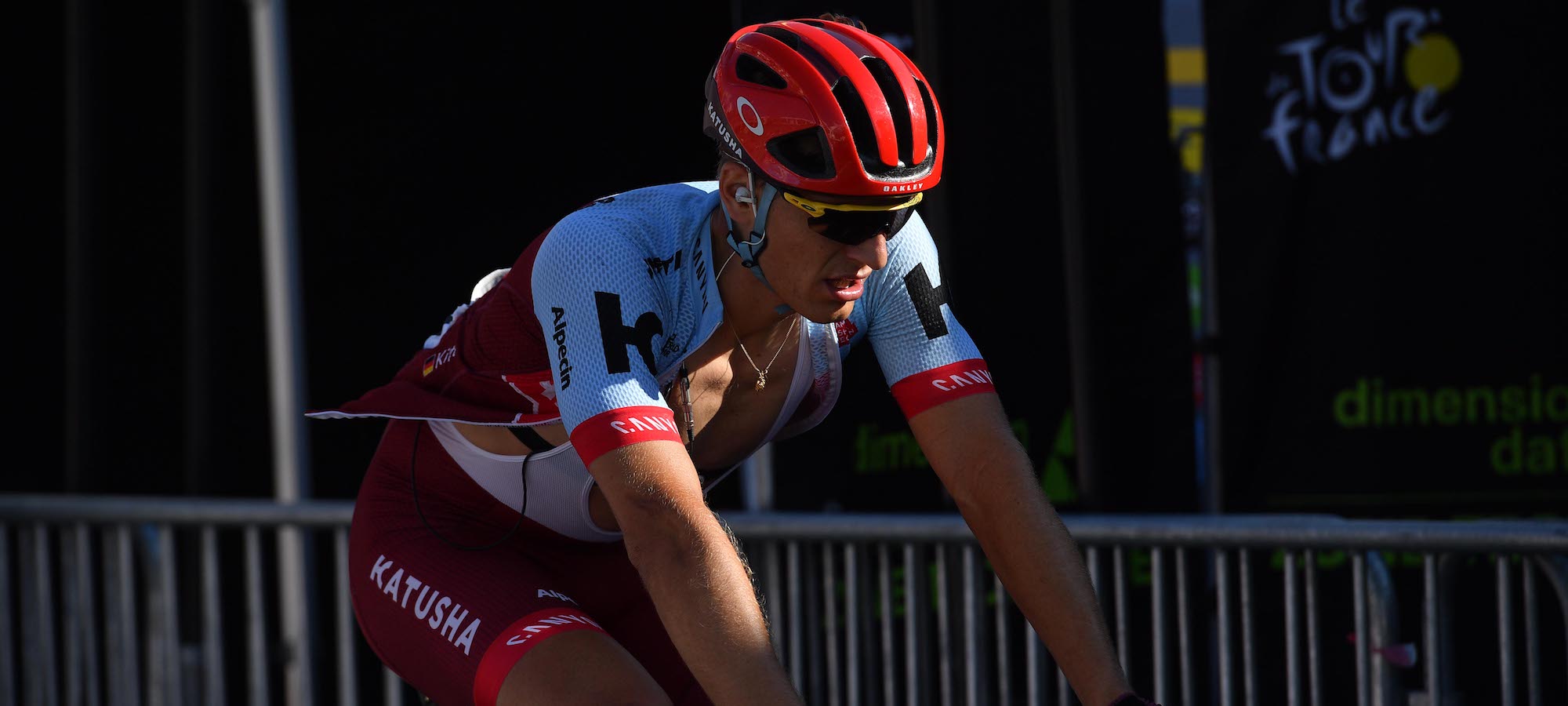 Marcel Kittel says blood doping revelations ‘a slap in the face to clean athletes like him’
Marcel Kittel says blood doping revelations ‘a slap in the face to clean athletes like him’Marcel Kittel has responded to the blood doping revelations after his former team-mate was caught up in the scandal.
By Alex Ballinger
-
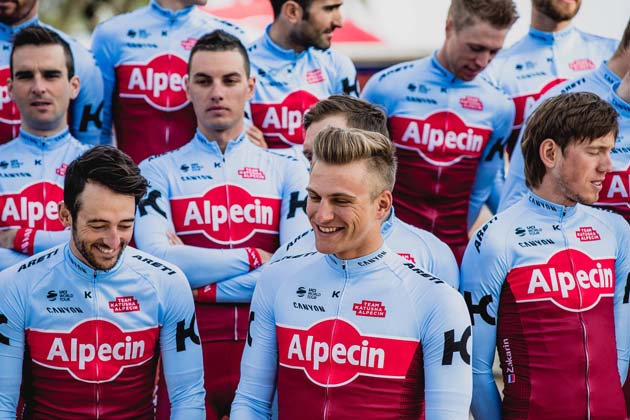 Marcel Kittel pictured in 2018 Katusha-Alpecin kit
Marcel Kittel pictured in 2018 Katusha-Alpecin kitGerman sprinter Marcel Kittel and British time trial specialist Alex Dowsett in Katusha-Alpecin's new blue-and-red kit for 2018
By Nigel Wynn